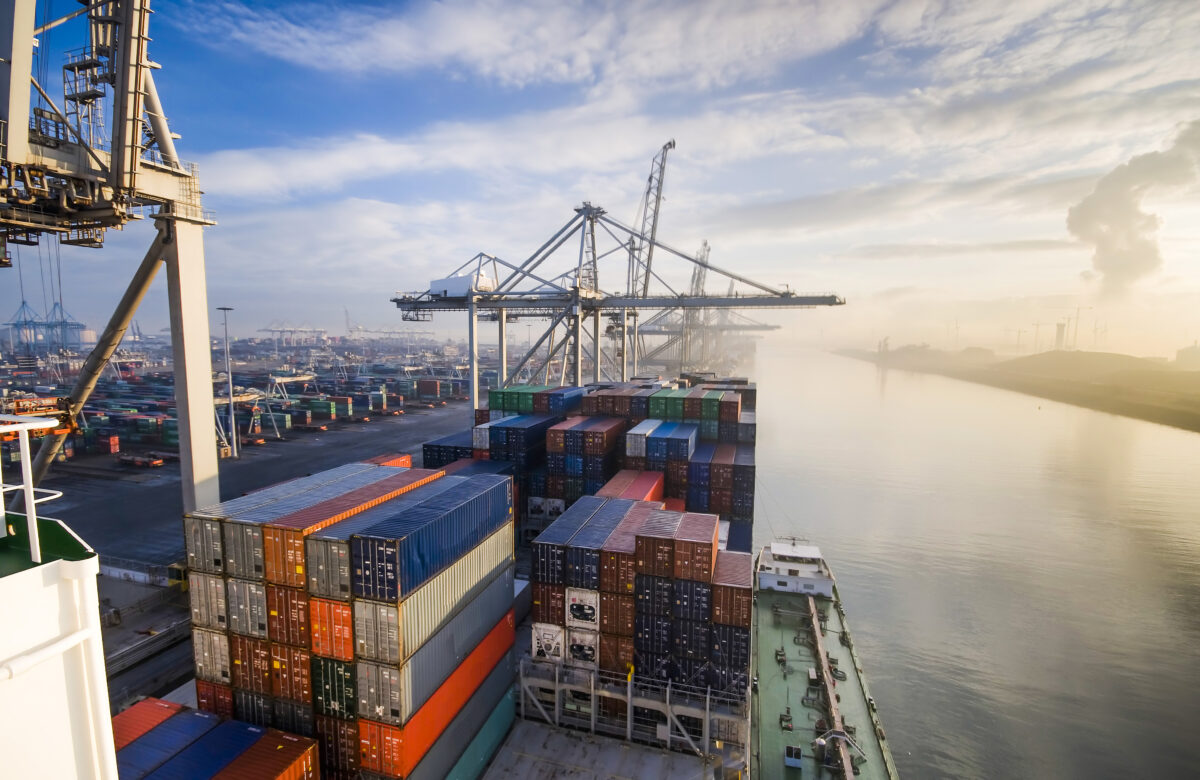The abbreviation CMR stands for “Convention relative au Contrat de transport international des marchandises par route”. The CMR contain regulations for the international transport of goods by land transport.
Structure of the CMR
The CMR regulations are divided into eight chapters. The scope of the provisions is defined in Chapter I (Art. 1 – 2 CMR). Liability regulations for the carrier can be found in Chapters II and IV (Art. 3, 17 – 29 CMR). Chapter III (Art. 4 – 16 CMR) contains more detailed provisions on the conclusion of the contract of carriage. The other chapters include, inter alia, provisions concerning complaints and the case of successive carriers.
Scope and application (Art. 1 – 2 CMR)
In Germany the CMR has been in force since 5 February 1961 and is applied as directly applicable law, i.e. the CMR has the same rank as other German laws. It mainly lays down substantive rules.
In addition, all other member states of the European Union are also contracting states.
The CMRs apply in the following cases:
- in the case of international carriage of goods by road against payment, if at least one of the States involved is a Contracting State, or
- by contractual agreement.
Liability according to CMR, in particular of the carrier (Art. 3, 17 – 29 CMR)
In principle, the carrier is liable irrespective of fault but limited for damage, loss and delayed delivery if this has occurred in the time between acceptance and delivery (Art. 17 CMR), unless liability is excluded (e.g. Art. 17 II and IV CMR).
In the event of loss of the goods, the value of the goods plus freight and costs on acceptance shall generally be reimbursed (Art. 23 I, II, IV CMR). In the event of damage, the reduction in value that has occurred must generally be compensated (Art. 23 I, II, IV CMR). However, in both cases liability is limited to 8.33 SDR per kg (Art. 23 III CMR). In case of delayed delivery, however, liability is limited to the amount of the freight (Art. 23 V CMR).
Non-contractual claims are also governed by these limitations of liability (Art. 28 CMR). However, if the carrier has caused the damage intentionally or is to blame for it, the aforementioned limitations of liability shall lapse (Art. 29 I CMR). The same applies to employees of the carrier who act intentionally (Art. 29 II CMR).
Liability of the consignor and consignee (Art. 7, 11 II 2, 13 CMR)
The liability according to CMR of the sender and recipient is only incompletely regulated by CMR. The sender is liable for damages caused by giving false information to the carrier (art. 7, 11 II CMR). The CMR merely stipulate that the consignee may assert the rights arising from the contract of carriage in his own name in the event of loss, damage or delay.
The processing of CMR law is part of the daily work of O&W lawyers. Since the CMR regulates international transports, these matters are often very complex. Having an experienced contact person on hand to answer these questions regularly pays off. Please contact us if you have questions about liability according to CMR or other aspects.
Dieser Artikel wurde am 16. August 2018 erstellt. Er wurde am 30. September 2023 aktualisiert. Die fachliche Zweitprüfung hat Rechtsanwalt Dr. Tristan Wegner durchgeführt.

